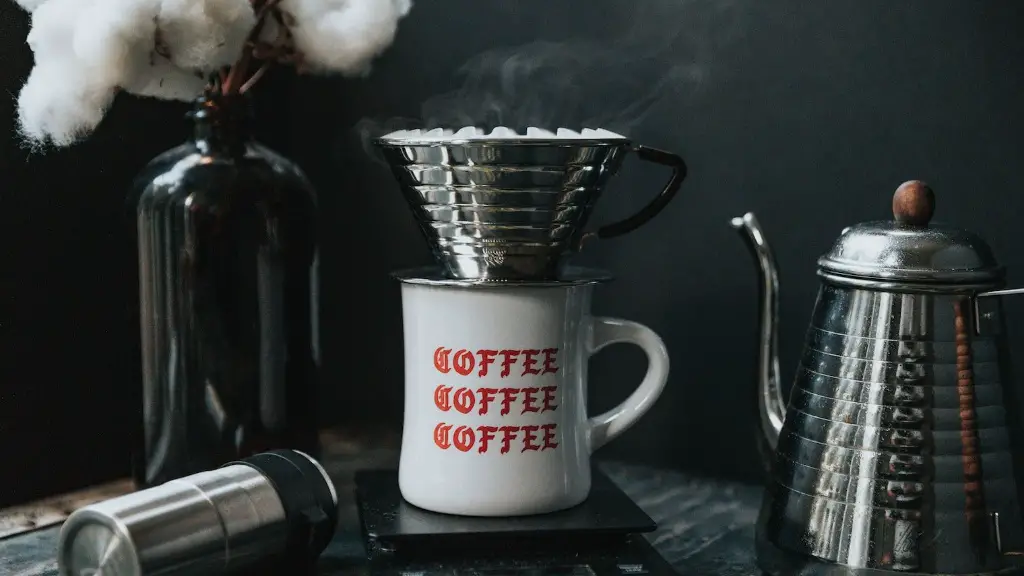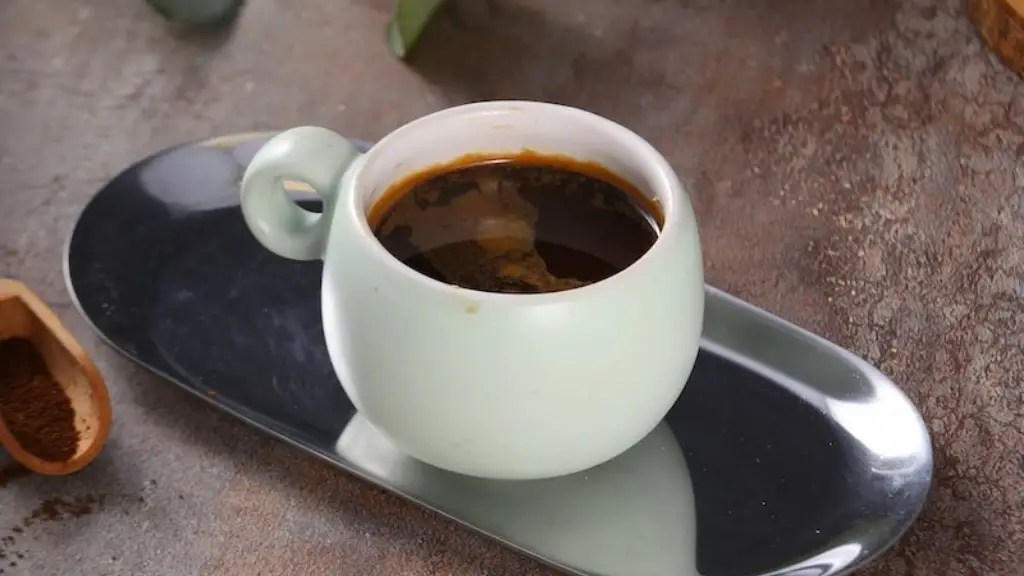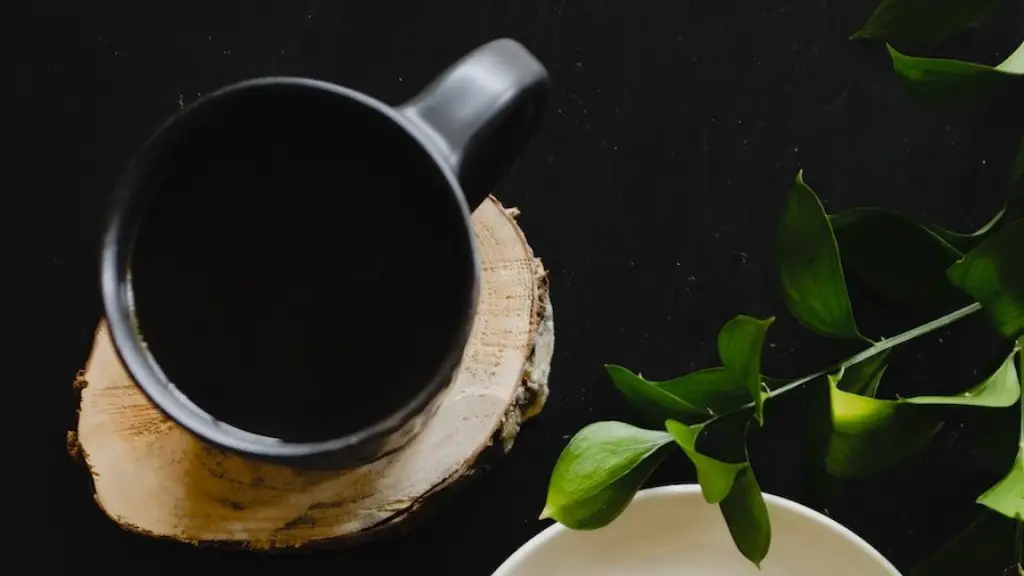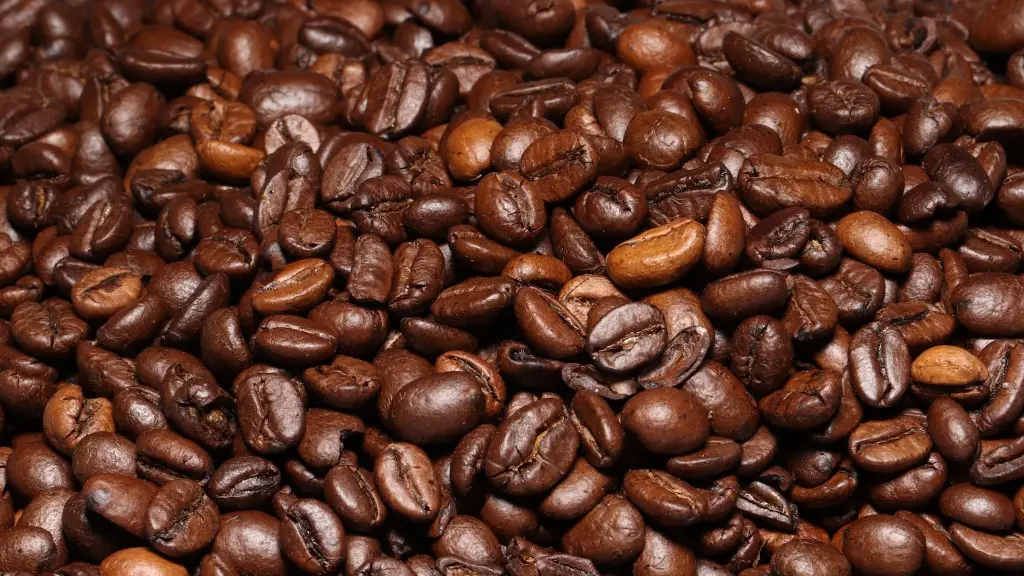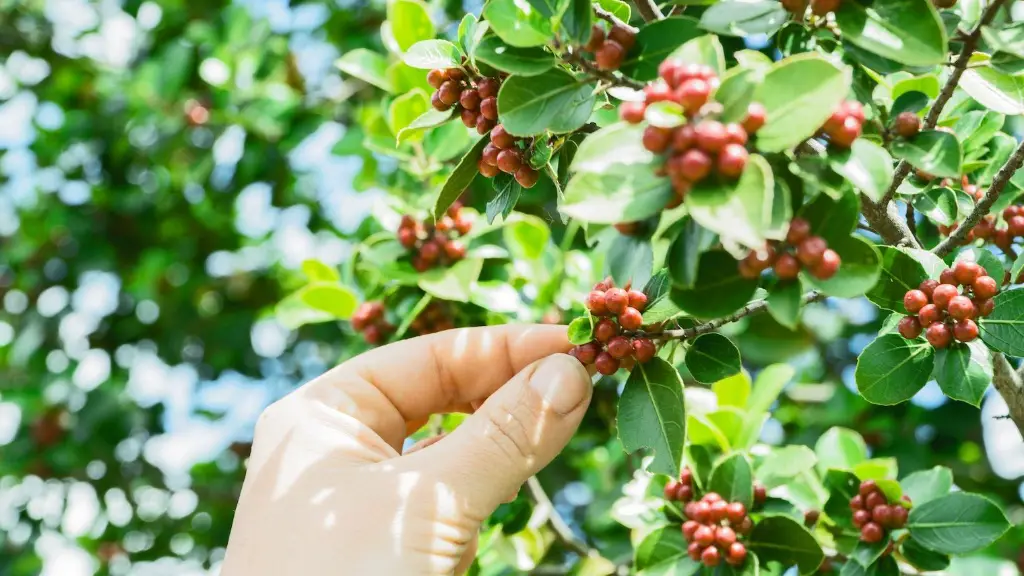Caffeinated drinks have been the subject of heated debates recently, with experts arguing over the potential benefits and drawbacks of caffeine. In particular, the question of whether we can drink coffee during our periods has been a topic of controversy for a long time.
Many of us find that our energy levels are low during our periods, so drinking a hot cup of coffee can seem like an easy solution. But is it really a good idea? That’s what we’re going to explore in this article.
Caffeine is known to be an excellent pick-me-up, boosting your energy levels and providing mental clarity. This is why it’s so popular, not just during periods but in everyday life too. However, it’s important to remember that caffeine can also have certain downsides – particularly if consumed in excess.
Firstly, drinking too much coffee during your period can throw off your menstrual cycle. Caffeine can make you feel more alert and energetic, but it can also interfere with hormone levels and lead to an irregularity in your menstrual cycle. Secondly, drinking coffee during your period can increase your discomfort. Caffeine is a diuretic, which means it makes you urinate more frequently. This can result in dehydration, which can leave you feeling even more tired and uncomfortable.
Aside from the physical effects, caffeine can also raise stress levels. Too much caffeine can make you jittery, anxious and irritable. This can be particularly problematic during your period, when your hormones are already fluctuating and your PMS symptoms may be at their peak.
That said, moderate consumption of caffeine during your period can be beneficial. Studies suggest that caffeine is effective at reducing pain, fatigue and bloating – all common symptoms associated with periods. Since caffeine is also a stimulant, it can help you stay focused and energized.
As you can see, whether or not to drink coffee during your period is largely a personal decision. As long as you’re informed about the potential risks, there’s no reason why you can’t have a cup or two – so long as you remember to keep it moderate.
Alternatives to coffee
It’s important to remember that coffee isn’t the only option when it comes to giving your energy a boost. There are plenty of alternatives that can provide you with the same benefits as coffee, without the potential health risks.
Herbal teas are a great choice, as they contain a variety of health-promoting ingredients like ginger, chamomile and peppermint. Most importantly, they’re caffeine-free, so they won’t interfere with your hormones or raise your stress levels.
Green smoothies are also a great option, as they’re packed full of energizing vitamins and minerals. They’re a great way to get your daily dose of fruits and vegetables, as well as other wholesome ingredients like nuts and seeds.
For those who prefer something a bit more indulgent, dark chocolate is a healthier alternative. Dark chocolate contains a small amount of caffeine, but it also contains antioxidants and other beneficial compounds. Plus, it can satisfy powerful cravings for something sweet.
Diet & Eating Habits
As well as the type of drinks you consume, the food you eat during your period can also play a big part in how you feel. Eating unhealthy, processed foods will not only make you feel worse, it can also exacerbate your PMS symptoms and lead to further discomfort.
On the other hand, eating whole, unprocessed foods like fruits and vegetables can help you feel better. Eating foods that are rich in nutrients, such as complex carbohydrates, lean proteins and healthy fats, can boost your energy levels and reduce symptoms like fatigue.
It’s also important to make sure you’re drinking enough water. Many women don’t realize that dehydration can worsen PMS symptoms, so it’s important to keep yourself hydrated. Aim to drink at least eight glasses of water a day.
Exercise & Mental Health
Exercise can be another effective way to boost your energy levels during your period. Research has found that physical activity can reduce fatigue and alleviate some of the symptoms of PMS.
It’s important to choose exercises that suit your individual needs and level of fitness. Yoga and walking can be particularly beneficial, as they’re low-impact and easy to do. That said, any form of physical activity can be beneficial, so find something you enjoy and make it part of your routine.
In addition to physical activity, it’s important to look after your mental health during your period. Stress and anxiety can exacerbate PMS symptoms, so make sure you’re taking the time to relax and unwind.
Doing activities like reading, listening to music and spending time with friends and family can help reduce stress levels and boost your mood. It’s also important to talk to people about how you’re feeling, as this can help reduce the stigma around PMS and make you feel less alone.
Supplements & Vitamins
Finally, taking certain supplements and vitamins can also be beneficial – particularly during periods of intense stress or fatigue. Magnesium and vitamin B6 are both great options, as they’re known to help with symptoms like fatigue, bloating and cramping.
Essential fatty acids like omega-3 are also known to reduce inflammation and ease period-related discomfort. Simply adding a few tablespoons of ground flaxseed or chia seeds to your diet can provide you with all the essential fatty acids you need.
However, it’s important to remember that supplements can’t replace a healthy diet. They should only be taken in addition to a balanced diet, not as a substitute for it.
Sleep & Rest
Finally, getting enoughsleep is a key part of managing your energy levels during your period. Most adults need around seven to eight hours of sleep each night, but during your period you may need even more.
Sleep plays a major role in regulating our hormones and keeping our energy levels in balance. Make sure you give your body the rest it needs by making sleep a priority. This means avoiding late nights, limiting your caffeine intake, avoiding screens and establishing a regular sleep routine.
It’s also important to take breaks during the day and allow yourself to relax. Give yourself time to do things you enjoy, such as reading a book or listening to music. Take naps if you need them – short naps throughout the day can be beneficial for both your physical and mental health.
